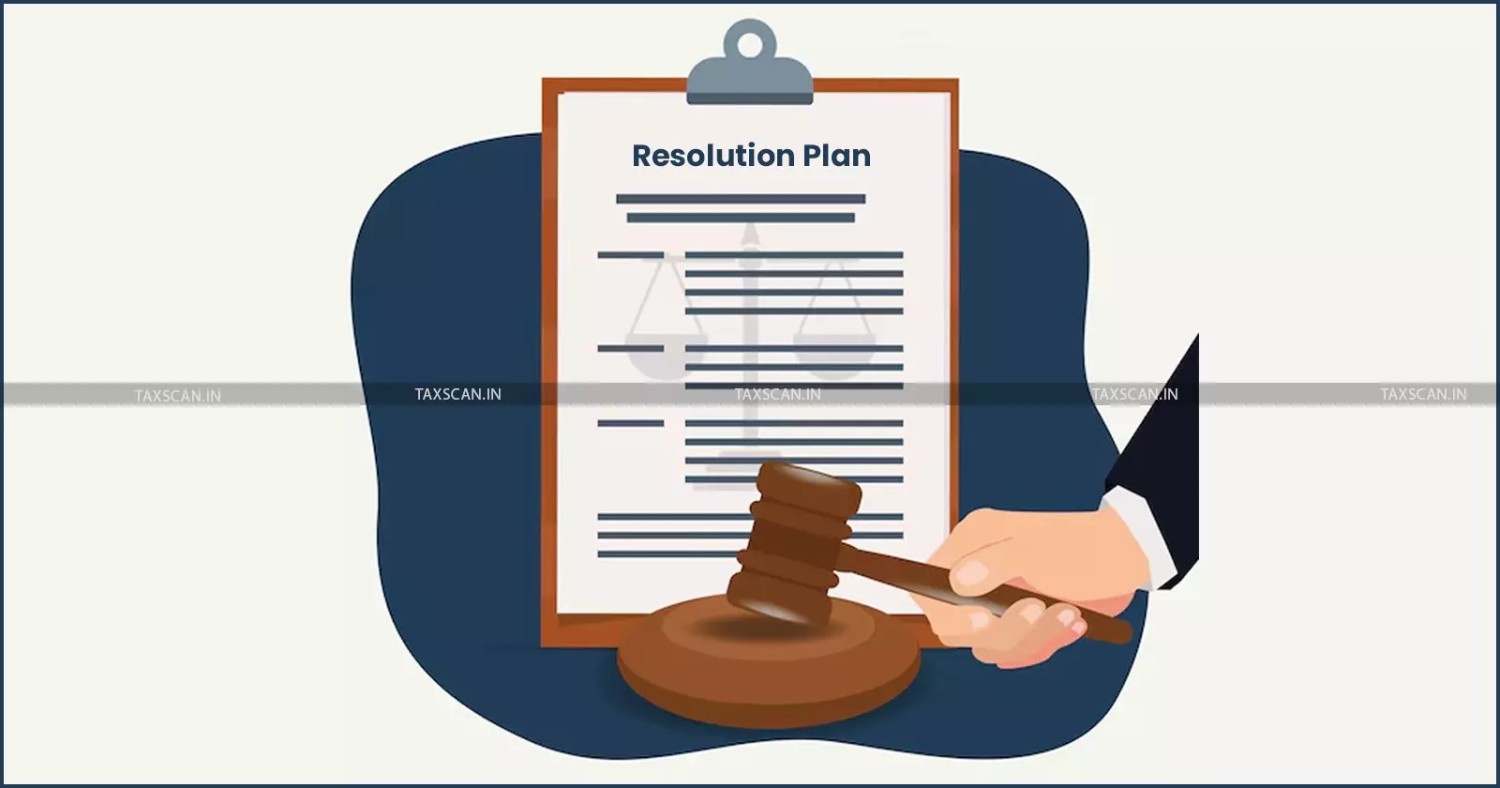Demand Notice to Personal Guarantors Mandatory: NCLAT allows appeal of SBI [Read Order]
The NCLAT found the NCLT's reliance on non-service to be unfounded and contrary to the admitted case of the guarantors
![Demand Notice to Personal Guarantors Mandatory: NCLAT allows appeal of SBI [Read Order] Demand Notice to Personal Guarantors Mandatory: NCLAT allows appeal of SBI [Read Order]](https://images.taxscan.in/h-upload/2025/10/28/2100448-demand-notice-personal-guarantors-mandatory-personal-guarantors-taxscan.webp)
In a recent ruling, the Chennai bench of the National Company Law Appellate Tribunal (NCLAT) set aside orders passed by the National Company Law Tribunal (NCLT), Amaravati Bench which was rejecting application of SBI.
The appellate tribunal held that the service of a demand notice is a mandatory condition precedent for initiating insolvency resolution proceedings against personal guarantors under Section 95 of the Insolvency and Bankruptcy Code (IBC).
The appeals were filed by the State Bank of India (SBI), the financial creditor, challenging two separate orders dated 22.07.2024. The NCLT had rejected SBI's applications under Section 95 of the IBC against personal guarantors, Dr. Jitendra Das Maganti and Dr. Renuka Rani Maganti, for the corporate debtor M/s Seven Hills Health Care Pvt Ltd. The NCLT's rejection was based solely on the ground that the demand notice dated 17.08.2021 was not duly served on the guarantors, thereby vitiating the entire proceedings.
 Also Read:NCLT Sanctions Resolution Plan u/s 30(6) After NCLAT Upholds Asset Valuation and Creditor Protections u/s 30(2) [Read Order]
Also Read:NCLT Sanctions Resolution Plan u/s 30(6) After NCLAT Upholds Asset Valuation and Creditor Protections u/s 30(2) [Read Order]
Comprehensive Guide of Law and Procedure for Filing of Income Tax Appeals, Click Here
SBI's counsel argued that the requirement to serve a demand notice under Section 95(4) is only directory and not mandatory, unlike the explicit provisions for operational creditors. They further contended that even if required, the notice was served at the address on the guarantors' Aadhaar cards and, crucially, the guarantors had themselves acknowledged the receipt of this notice in their pleadings before the Supreme Court.
The counsel for the guarantors argued that the notice was not served at the correct address as per the guarantee agreement, and discrepancies in the address details meant the service was invalid, which should invalidate the proceedings.
The NCLAT bench, comprising Justice Sharad Kumar Sharma (Member Judicial) and Jatindranath Swain (Member Technical), delivered a detailed judgment. The Tribunal first addressed the mandatory nature of the notice, interpreting Section 95 of the IBC in conjunction with Rule 7 of the Insolvency and Bankruptcy (Application to Adjudicating Authority for Insolvency Resolution Process for Personal Guarantors to Corporate Debtors) Rules, 2019, and Form B. The NCLAT held that a harmonious reading of these provisions makes it clear that serving a demand notice 14 days before filing the application is a mandatory condition precedent.
More significantly, the NCLAT then turned to the issue of service. It noted that the guarantors had filed writ petitions before the Supreme Court in 2022 challenging the constitutional validity of Sections 95-100 of the IBC. In their own pleadings before the Apex Court, the guarantors had explicitly stated: "That the Financial Creditor-State Bank of India issued demand notice to the petitioner-Personal Guarantor... on 17.08.2021."
The NCLAT termed this an "admission" and the "best evidence," stating that the guarantors could not be allowed to resile from their own admission made in a separate legal forum. The Tribunal observed that the purpose of serving a notice is to impart knowledge, which was evidently achieved, as the guarantors were sufficiently aware of the notice to challenge the very provision under which it was issued. It dismissed the technical arguments about address discrepancies as "hyper-technical and redundant."
The NCLAT found the NCLT's reliance on non-service to be unfounded and contrary to the admitted case of the guarantors. The Tribunal quashed the impugned NCLT orders and remanded the matters back to the Adjudicating Authority to be proceeded with and decided on their merits.
Support our journalism by subscribing to Taxscan premium. Follow us on Telegram for quick updates


